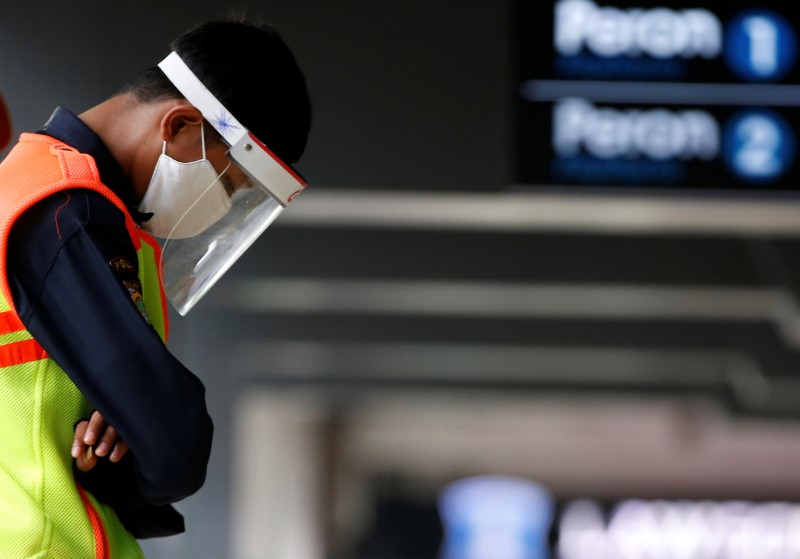JAKARTA (Reuters) – The governor of Indonesia’s capital announced on Thursday the easing of some coronavirus restrictions though he warned that the fight against the outbreak was far from over in Southeast Asia’s biggest city.
Governor Anise Baswedan said from Friday some public transport could resume normal operations and houses of worship would reopen, though with restrictions. Restrictions on movement, in place since mid-April, would be extended.
“This is just a transition. Only when we’re healthy, safe, and productive will we reach the end of our fight,” Baswedan said in a video briefing.
Offices and malls would open in the city of more than 10 million people over the next two weeks, he said.
Baswedan cited a downward trend of coronavirus deaths in Jakarta to justify the easing, but said authorities would intervene if new clusters emerged.
Indonesia has been the hardest-hit country in East Asia outside China, with 28,818 coronavirus cases and 1,721 deaths. While there has not been a national lockdown, cities have been allowed to impose restrictions, although they have not always been strictly adhered to.
Jakarta has been the epicentre of the outbreak, with 7,690 cases and 523 deaths. In recent weeks, people have flocked to markets while long queues at the airport caused outrage on social media.
In comparison, many neighbouring countries have had far stricter rules.
Panji Fortuna Hadisoemarto, an epidemiologist at Padjadjaran University, said Jakarta had better data than other Indonesian cities to justify a move to a “new normal”, but authorities needed to increase surveillance.
While cases have fallen off, analysis from the World Health Organization shows Jakarta does not meet its criteria to relax restrictions, including a 50% drop in cases since the last peak, and a rate of infections below 5% of those tested. Jakarta’s infection rate has remained above 10%.
(Writing Stanley Widianto and Kate Lamb.; Editing by Ed Davies, Robert Birsel)





















